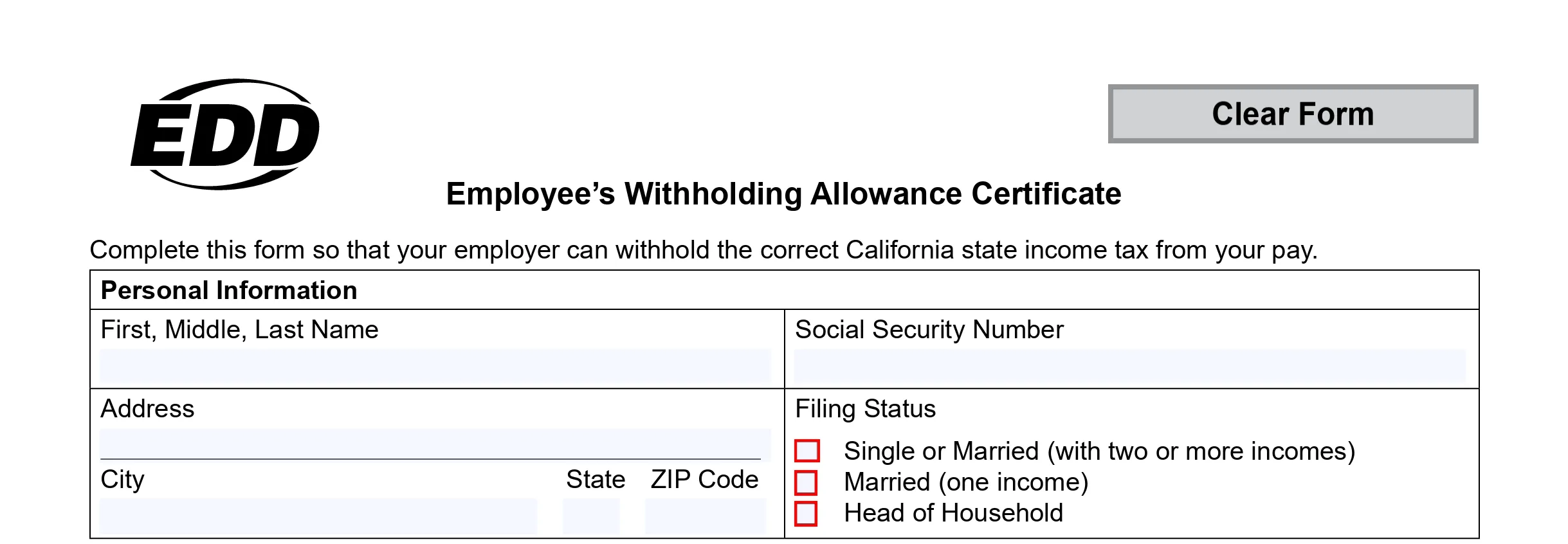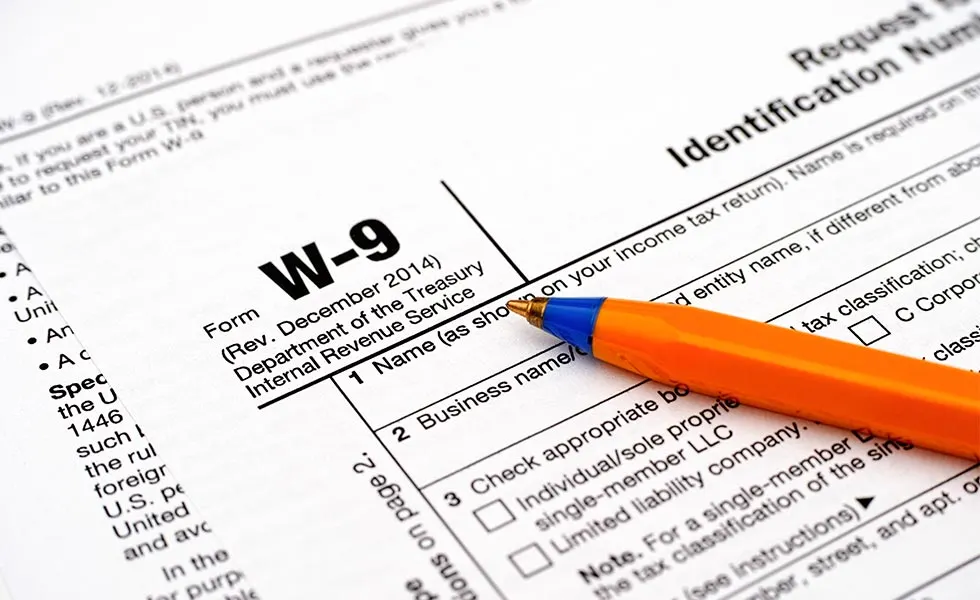Lawyer Advertising Ethics: things every Lawyer (and Marketer) needs to know

Knowing the ethical rules of lawyer advertising can avoid disciplinary problems. Plus, understanding these rules can maximize your marketing messages.
While we believe it is impossible to review the various state rules in a single post, we want to help you understand the most important issues and how to deal with them.
1. Not all marketing messages follow the rules.
Courts have defined commercial speech as "that which beckons business" or "proposes a commercial transaction."
For this reason if you do any of the following things and you avoid communications that are “commercial speech,” the ad rules should not apply because these may be part of your marketing plan:
- Make connections by joining a civic group or nonprofit board.
- Contribute to the symphony, public broadcasting, or a pro bono program that recognizes your sponsorship.
- Write an article for the bar journal or present a CLE program.
- Post videos on Instagram providing tips to want-to-be lawyers.
2. Your communications do not follow the rules of the ABA model.
First you need to know what is ABA: The American Bar Association's Model Rules of Professional Conduct are a set of rules and commentaries on the ethical and professional responsibilities of members of the legal profession in the United States.
Even though every state has adopted portions of the ABA Model Rules, no state has adopted the Model Rules governing lawyer advertising and solicitation verbatim, and no two states have an identical set of rules.
Therefore, lawyers should never rely on the ABA Model Rules to guide their advertising endeavors. Instead, they must rely on the rules that have been adopted in their states.
3. The Rules are The Rules: You do not try to change them.
When it comes to lawyer advertising, the opportunities to participate in new platforms far outpace the regulation of those communications.
More recently, the New York State Bar Association Social Media Ethics Guidelines indicate that the state’s rules apply to social media and if the platform does not enable the lawyer to comply, the lawyer should avoid using that medium.
Twitter, for example, the guidelines note that “structural limitations, such as the limitation on the number of characters that could preclude disclaimers, do not provide a justification for not complying with the ethics rules governing lawyer advertising.”
4. You will find more questions than answers.
You need to understand there are more questions than answers about lawyer advertising ethics at any given point and you realize that not only are there more questions than answers, but as issues arise, states may vary in their thoughts on innovations.
5. Take advantage of the details of the available resources.
The lawyer advertising ethics rules are often written in legalese. Fortunately, there are resources that help us understand their application to specific advertising issues. Most states, but not all, include comments immediately following each rule. Comments tend to expand on the rules, giving examples and making reference to related rules. A few states do not include comments. If you need to understand the rules for one of those states, try to find a state with an identical or similar rule and take a look at the comments from that state.
Do you know any other rule about Lawyer Advertising Ethics? Feel free to contact us at [email protected] we would love to expand this list with more information.



